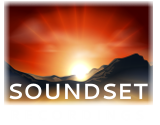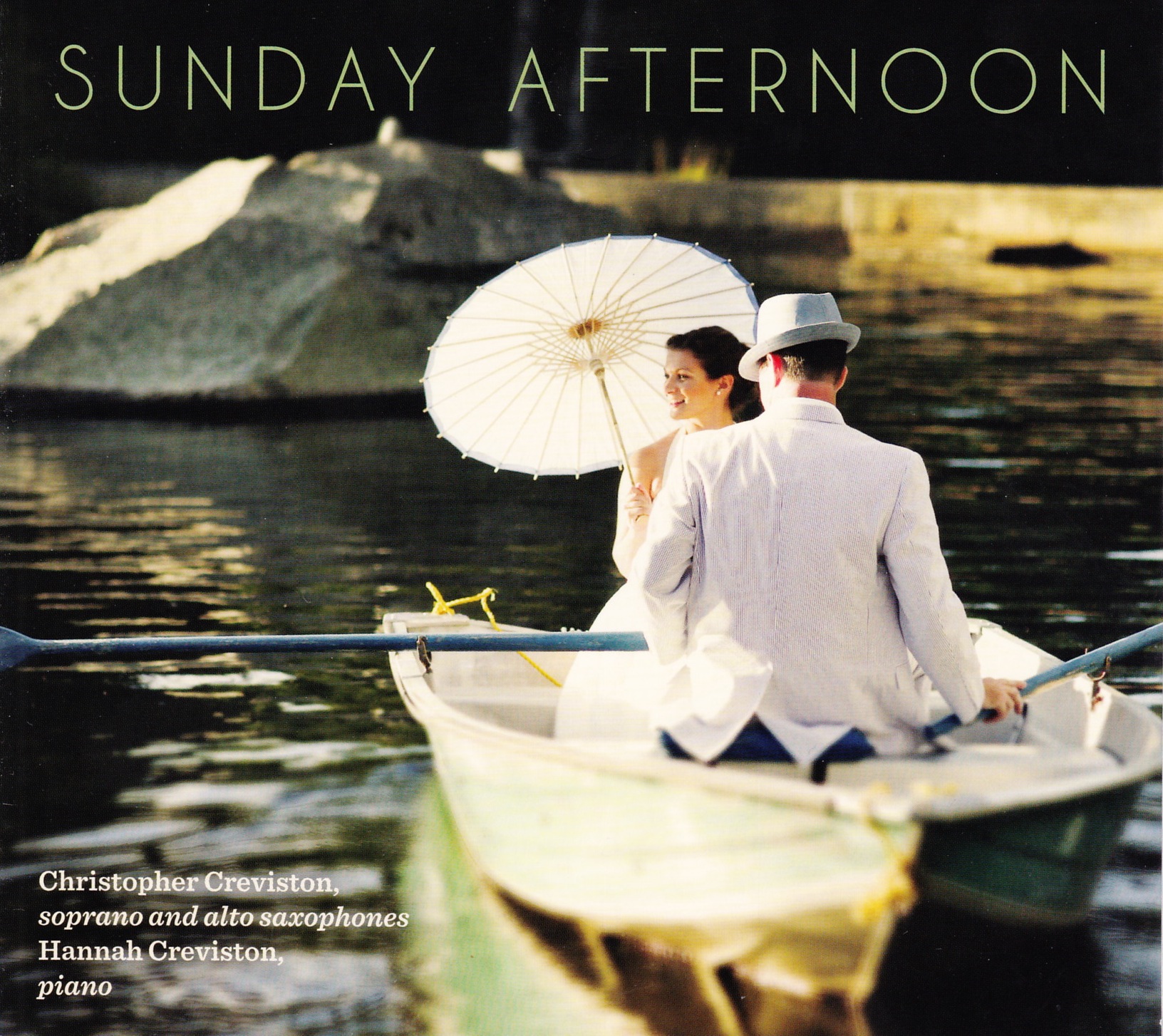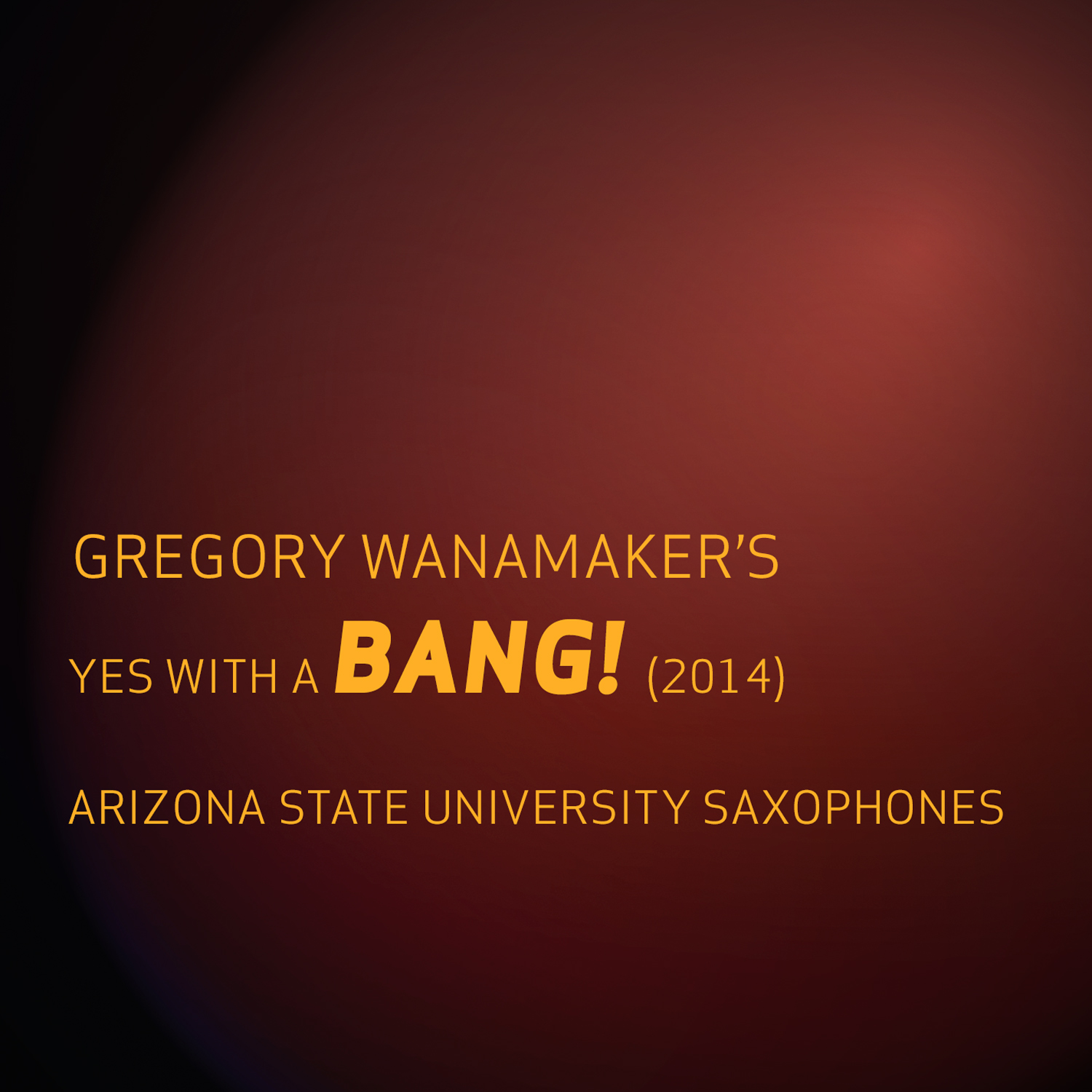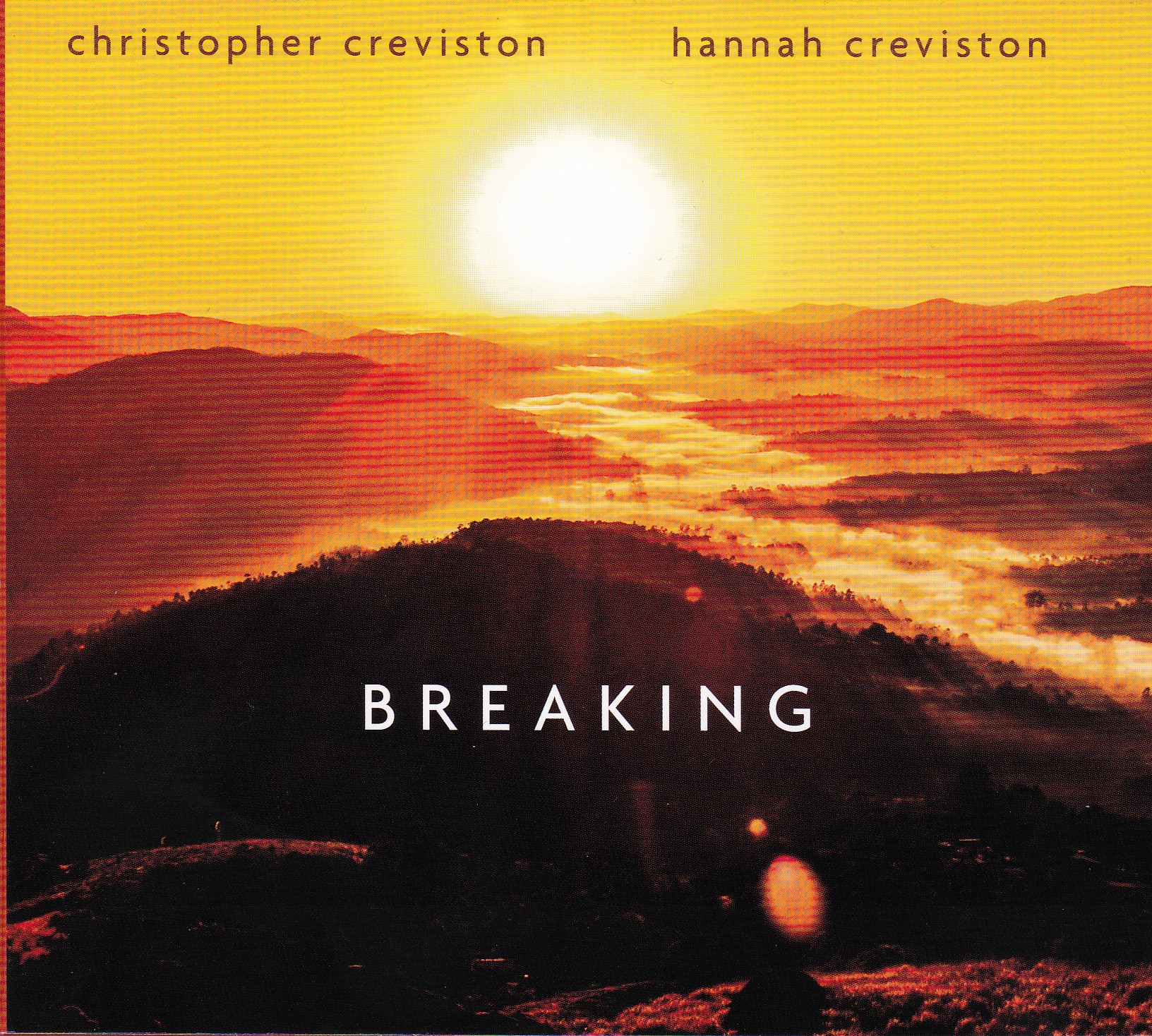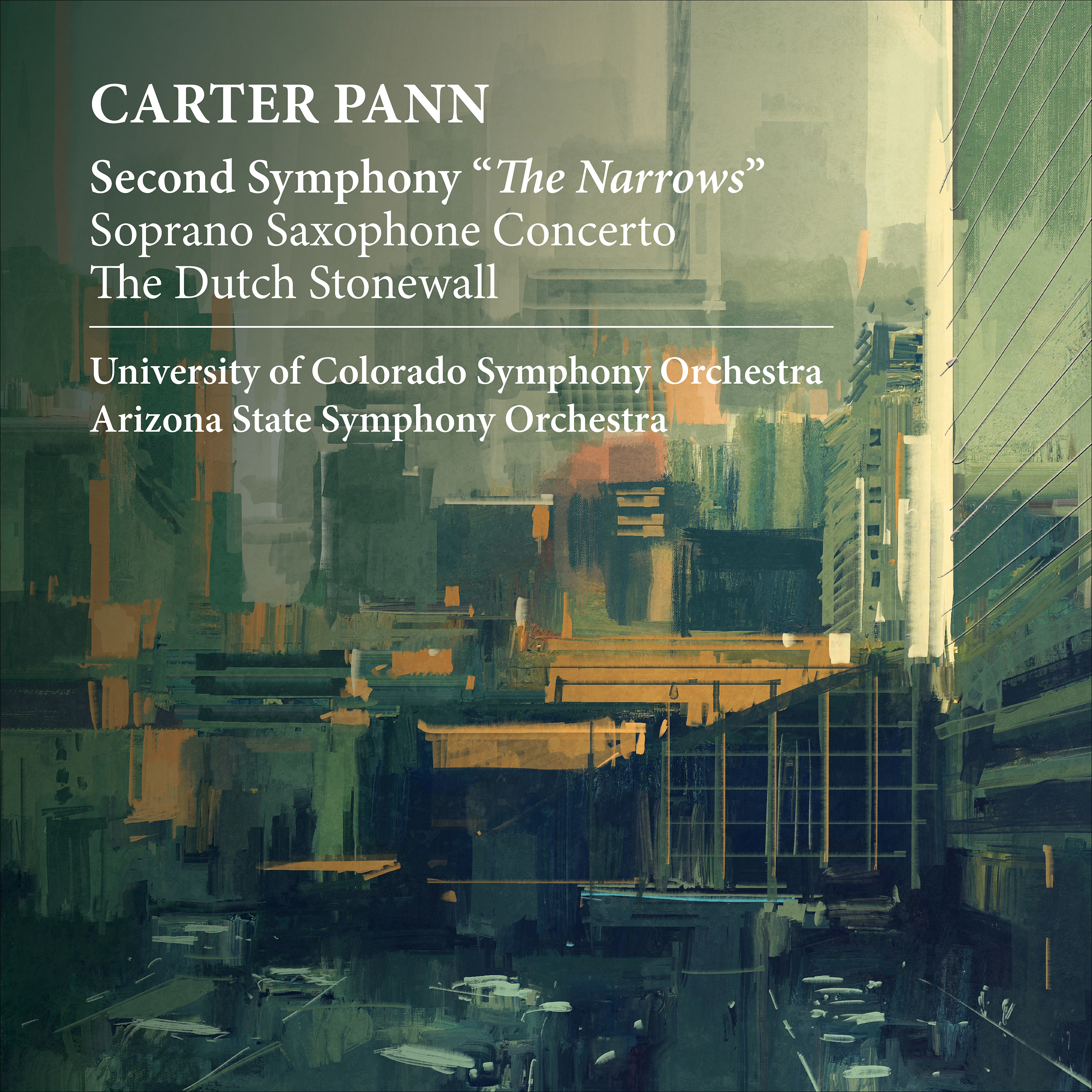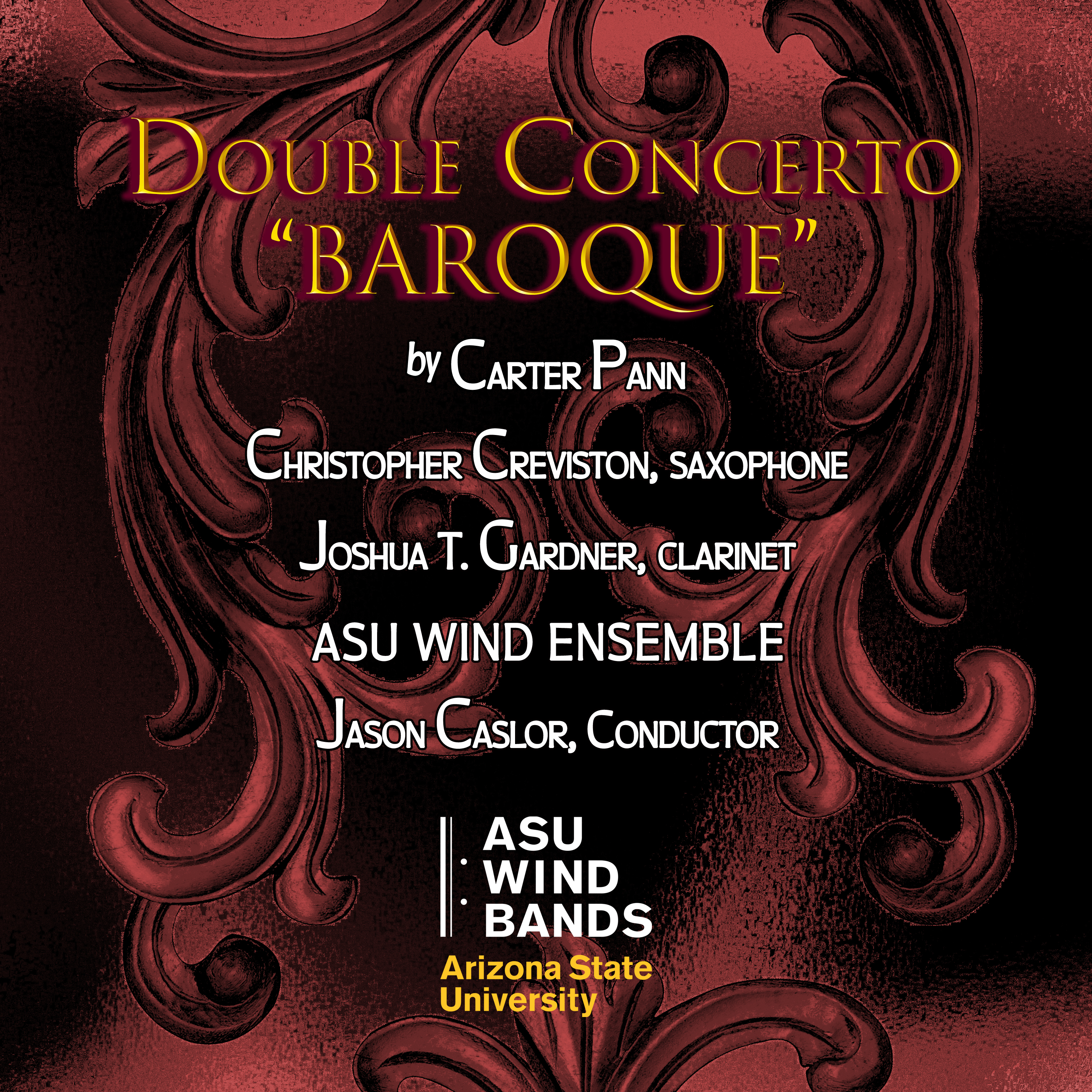Christopher Creviston - Saxophone
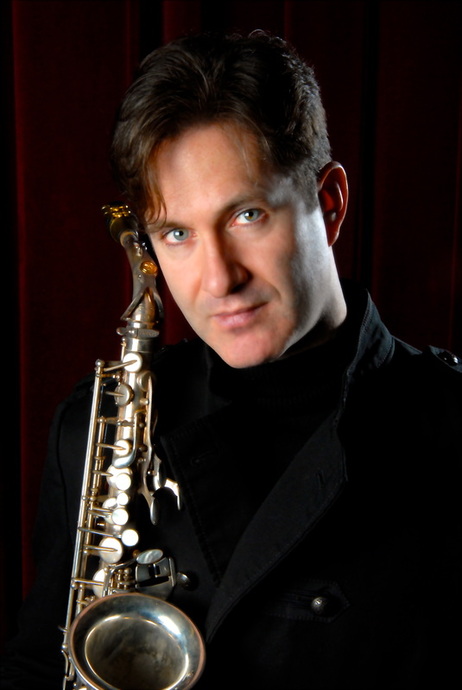
Hailed as “one of the world’s top saxophone artists” (Audiophile Audition) with “the personality and fingers of a first-rate soloist” (American Record Guide), “subtle, perceptive phrasing, and flawless control of vibrato” (Fanfare Magazine), Yamaha Artist Christopher Creviston has been featured in venues ranging from Carnegie Hall to Paisley Park and the Apollo Theater.
As soloist and with the Capitol Quartet, Creviston has been showcased with outstanding ensembles across the U.S., including the National Symphony Orchestra, the Baltimore Symphony Orchestra, the Indianapolis Symphony Orchestra, and many others. As a recitalist and clinician, he concertizes globally with the Capitol Quartet, and in the Creviston Duo with pianist Hannah Creviston.
Creviston’s recent releases include the premiere recordings of the Soprano Saxophone Concerto by Pulitzer Prize Finalist Carter Pann (Jeffrey Meyer conducting the Arizona State University Symphony Orchestra), and the Concerto for Soprano Saxophone and Band by Pulitzer Prize Winner William Bolcom (Gary Hill conducting the Arizona State University Wind Orchestra).
The Creviston Duo’s recordings include the CDs Phoenix Rising and Breaking, presenting works specifically commissioned (or co-commissioned) by the duo from recognized composers Stacy Garrop, Carter Pann, John Anthony Lennon, Mark Lanz Weiser, Katherine Hoover, John Fitz Rogers, and Eric Mandat. These and several other Creviston recordings can be found on Spotify and other digital media.
Now on the faculty at Arizona State University, Professor Creviston has held positions at the Crane School of Music (SUNY Potsdam), the Greenwich House of Arts (NYC), the University of Windsor (Canada), and the University of Michigan, and serves on the faculty of the Great Plains Saxophone Workshop. His students have garnered accolades at some of the world's most prestigious competitions, including the Fischoff Chamber Music Competition, the American Prize, the MTNA National Competition, the Coltman Chamber Music Competition, and many others.
Creviston is a Yamaha Artist and a Past President of the North American Saxophone Alliance.
Arizona State University Wind Orchestra
The Arizona State University Wind Orchestra, made up of the finest woodwind, brass, and percussion players on campus, is flexible enough to perform the highest quality wind band works, as well as chamber music of all kinds. Bands and orchestras at ASU offer a wide range of experiences for both the music major and non-music major. Open to students of all majors at ASU, the bands and orchestras present concerts in Gammage Auditorium, off campus, and at regional and national conferences.
Gary W. Hill - Conductor
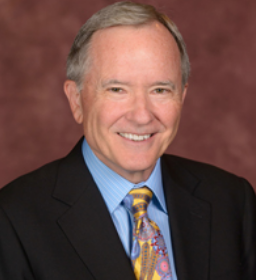
Gary W. Hill is Professor of Music and Director of Bands in the Herberger Institute for Design and the Arts School of Music at Arizona State University. In addition to overseeing the School’s wind band program, he conducts the wind orchestra, chamber players, and teaches graduate conducting courses.
Hill is a native of Plymouth, Michigan, and a graduate of the University of Michigan (music education and wind instruments), where his teachers included Elizabeth Green, William D. Revelli, H. Robert Reynolds, Charlie Owen, and James Froseth. He held the U of M percussion studio’s graduate assistantship his junior and senior years and briefly played professionally, before beginning his teaching career. In his first teaching post as Director of Bands for the West Bloomfield (MI) Schools, he taught elementary band, jazz band, jazz improvisation, conducted musical productions, and quickly transformed the high school’s concert and marching bands from “Division IV” ensembles into some of the top “5A” groups in the state. From 1977-80, he served as Director of Bands for the Traverse City (MI) Schools, teaching beginning band, seventh grade band, jazz band, and marching band, while leading the TCHS Symphony Band to invited performances for the national conference of the National Band Association and the MENC (NAfME). Immediately prior to Hill's appointment at ASU, he was the Director of Bands at the University of Missouri-Kansas City Conservatory of Music, where he taught graduate and undergraduate music education and conducting courses and developed that school’s wind ensemble into one of the nation’s premiere wind bands. While in Kansas City, he also served as Music Director for the Kansas City Youth Wind Ensemble, and conducted two professional groups: the Kansas City Symphony Brass Ensemble and newEar, a chamber ensemble devoted to contemporary music.
As a guest conductor throughout North America, Europe, and Asia, as well as most of the United States, Hill has conducted performances with myriad high school honor bands (including dozens of All-State and “Super-State” bands and the “Music for All” National Honor Band); with numerous college and university wind bands and orchestras; with a number of professional wind bands (including Concordia Santa Fe, the Dallas Wind Symphony, The United States Army’s Field Band and “Pershing’s Own”); and has conducted multiple times at the Midwest Clinic, the World Association of Symphonic Bands and Ensembles' conferences, and many other professional conferences. Additionally, Professor Hill is one of the most sought after clinicians in the wind band and conducting fields; over the course of four decades, he has presented more than one hundred workshops on conducting and rehearsal technique for instrumental teachers of all levels and has served as a clinician for thousands of bands and orchestras. As a conducting teacher, he has trained hundreds of undergraduate students, who now hold teaching positions throughout the country, and has mentored more than forty graduate conducting majors, who currently hold posts at universities throughout North America and on numerous professional podiums. Hill’s current research agenda, driven by a desire to advocate for the future of school music education, includes: an exploration of biochemical reactions spawned by the musical process (in collaboration with research associate Serena Weren and researchers in neuroendocrinology and sociology); and a set of essays concerning the future of instrumental music in schools.

 Amazon
Amazon

